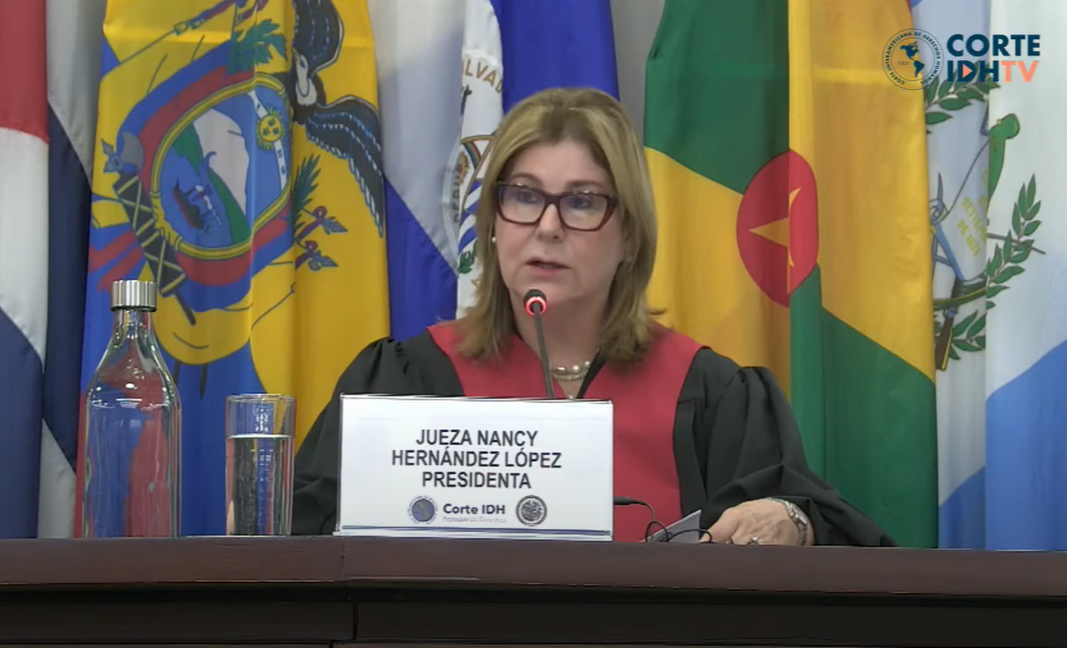The Solidarity Center’s climate and labor work is made possible through philanthropic support from private foundations and our role as an implementing partner of the Innovations Regions for a Just Energy Transition (IKI JET) project, which is jointly funded by the German Federal Ministry for Economic Affairs and Climate Action (BMWK) under the International Climate Initiative (IKI) and by the European Commission’s Directorate-General for International Partnerships (DG INTPA).
The workers who harvest our food, build our infrastructure and provide essential services are often the first to feel the impacts of climate change – and the last to be heard in shaping solutions. As governments and industries adapt to the climate crisis, we’re making sure worker rights, knowledge, experience and leadership remain at the center of every conversation.
Our union partners around the world are already driving real change: winning safer, healthier workplaces, securing more resilient communities and helping shape the path to a low-emissions economy that works for everyone.
We’re building a future that works for workers, communities and the planet. No one should be left behind.
Your partnership can help ensure workers have the tools, voice and power they need
Fill out the form to connect with a member of the Solidarity Center’s Climate and Labor team to explore how, together, we can support workers to lead the way to a just transition.
COLLECTIVE BARGAINING CREATES SAFE WORKPLACES
Recent Solidarity Center-commissioned research with garment workers, street vendors and informal economy workers in Cambodia concluded that unionized workers experience half as much heat stress as non-unionized workers, and found that collective bargaining is the most effective method of effectively mitigating heat stress in the workplace.
WORKER VOICES
SOLIDARITY CENTER
July 4, 2025
“Historic Climate Ruling: Workers’ Rights Must Be at the Center of Climate Response, Says Inter-American Court”
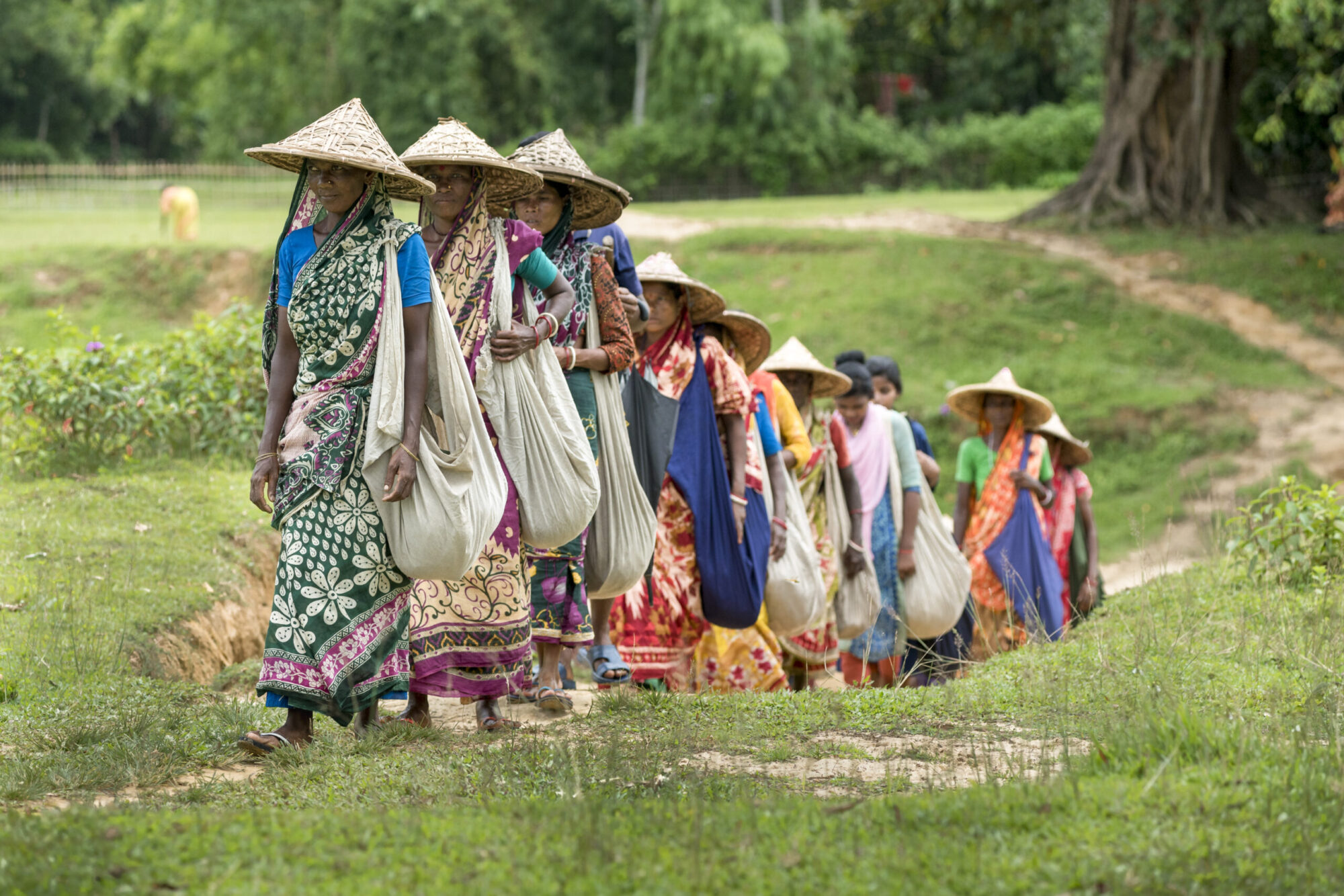
DEVEX
November 19, 2024
“Why a Just Transition Can’t Leave Women Workers Behind”
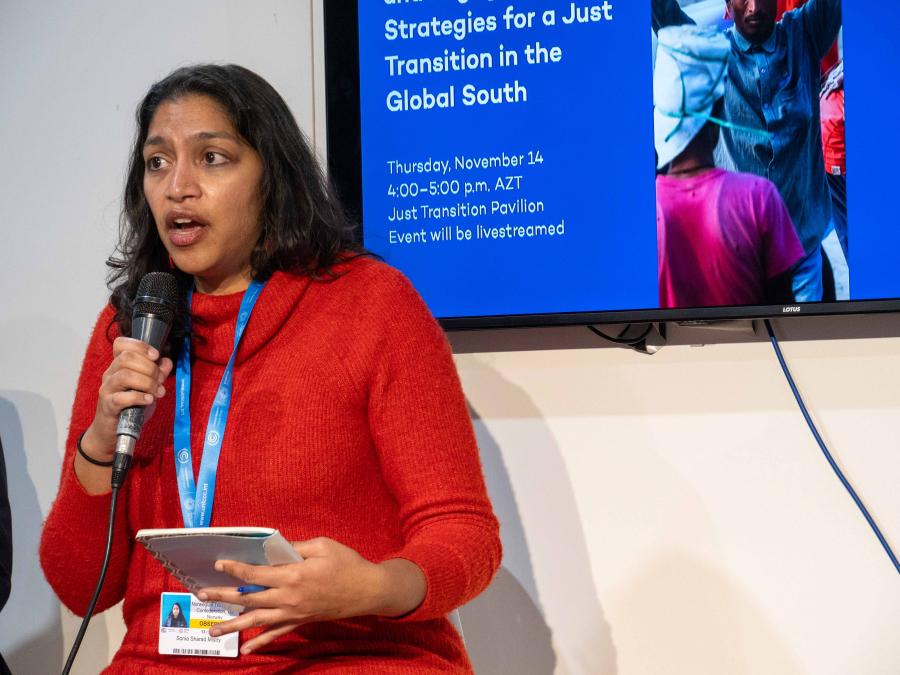
EARTH NEGOTIATIONS BULLETIN
November 14, 2024
“Innovative Research and Engagement Strategies for a Just Transition in the Global South”
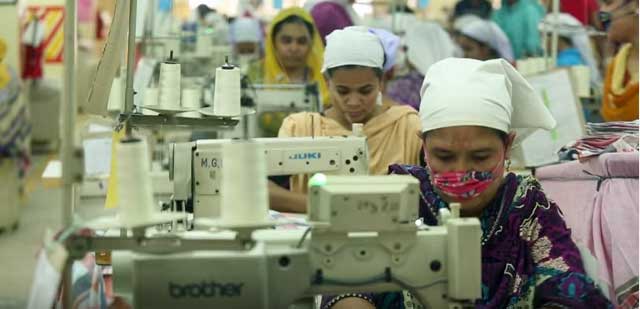
SOURCING JOURNAL
October 11, 2024
“Heat Check: Searing Temps Lead to Unsafe Working Conditions in the Global South”
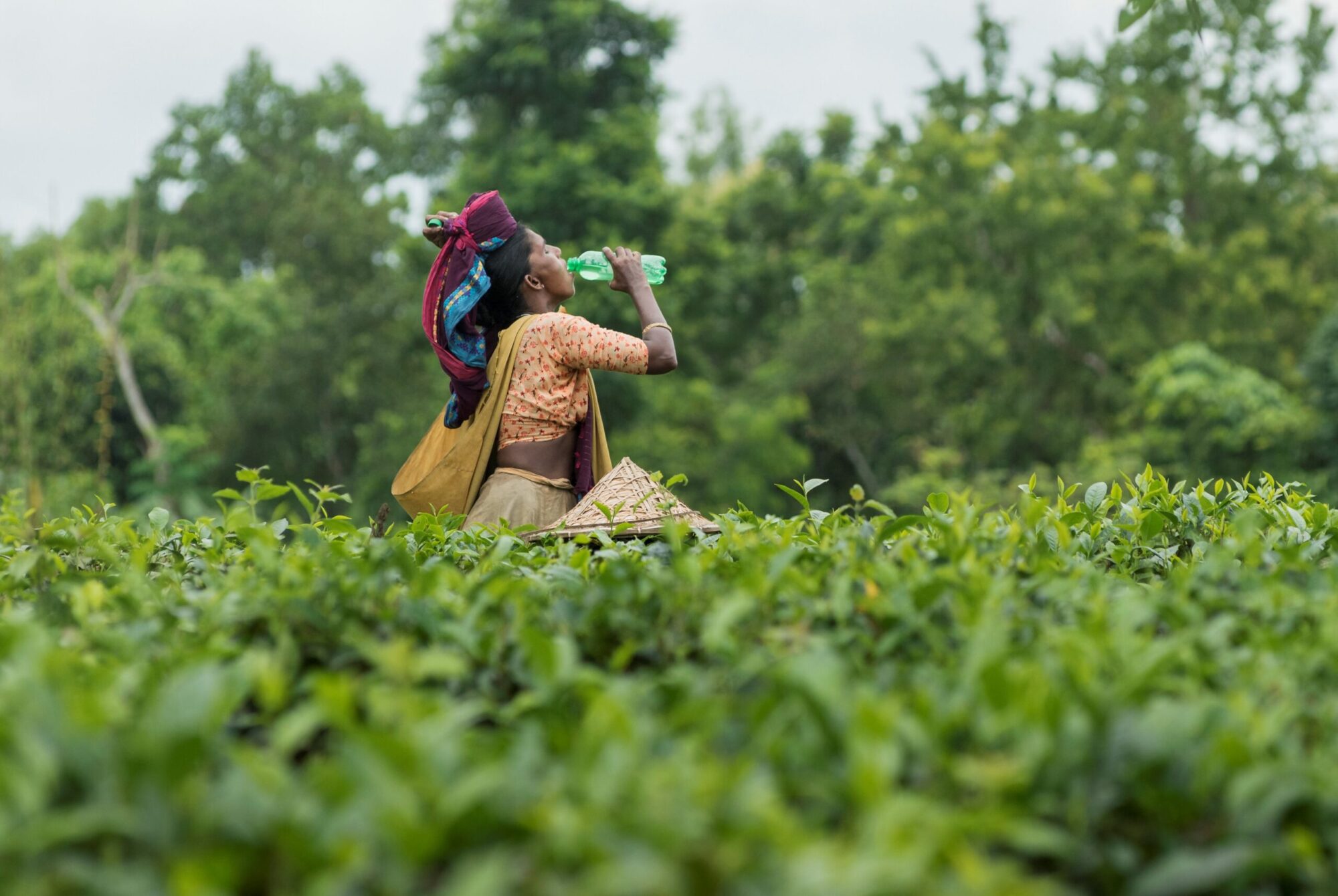
SOLIDARITY CENTER
August 10, 2024
“‘The Weight of the Heat’: Climate Change Further Burdens Bangladesh Tea Workers”
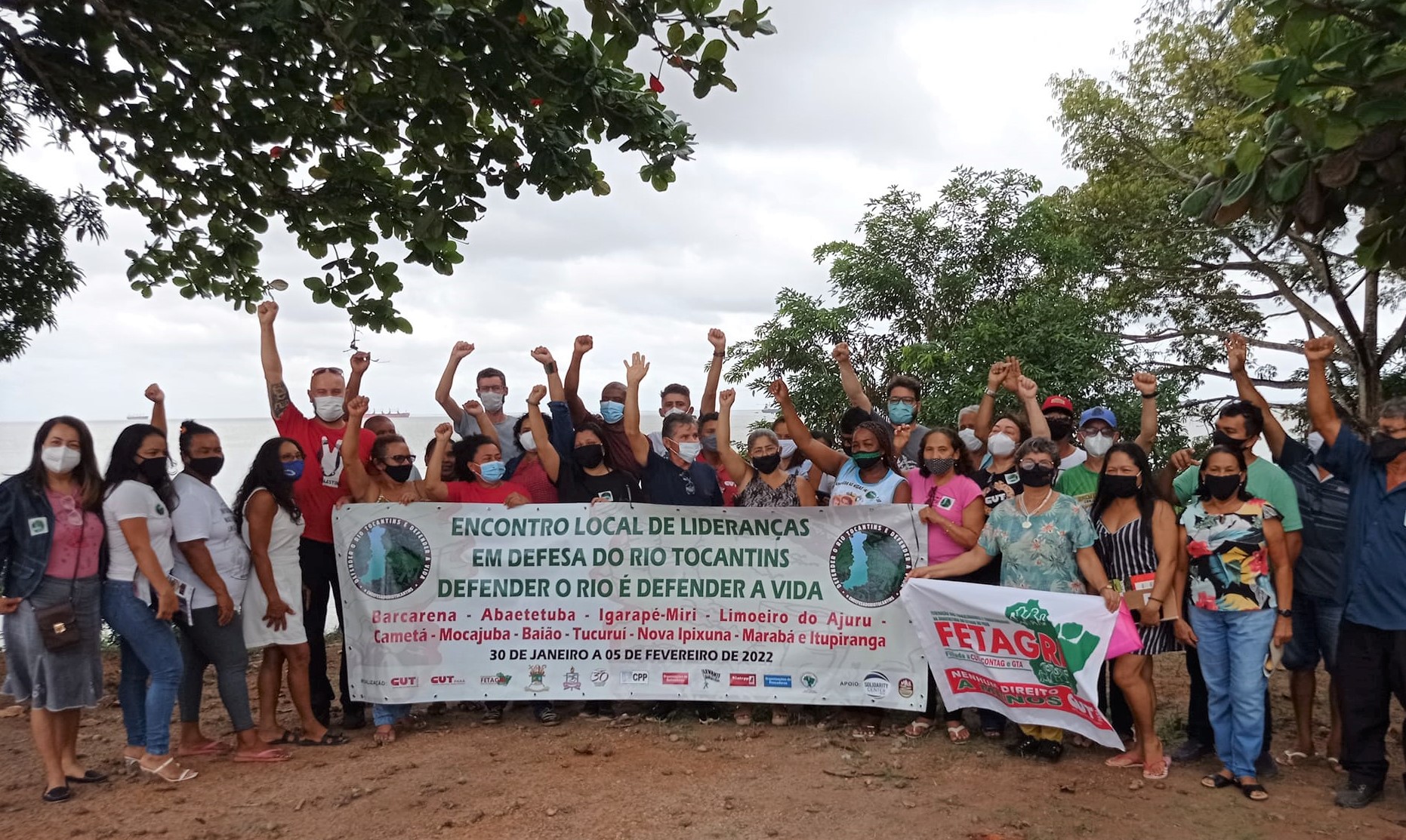
SOLIDARITY CENTER
March 23, 2023
“Brazil: Communities & Unions Win Victory for Livelihoods, Democracy”
The livelihoods and safety of these women fishing shrimp from a river southwest of Dhaka are increasingly threatened by climate change.
Because 80 percent of Bangladesh land is low-lying floodplain, seas are rising and cyclones are escalating in frequency and severity and one in every seven of the country’s people will be displaced by climate change by 2050.
Unions in the country are grappling with this reality, developing strategies, including through collective bargaining, for workers and their communities to adapt and build resilience.
Photo Credit: Reuters/Rafiqur Rahman– stock.adobe.com


